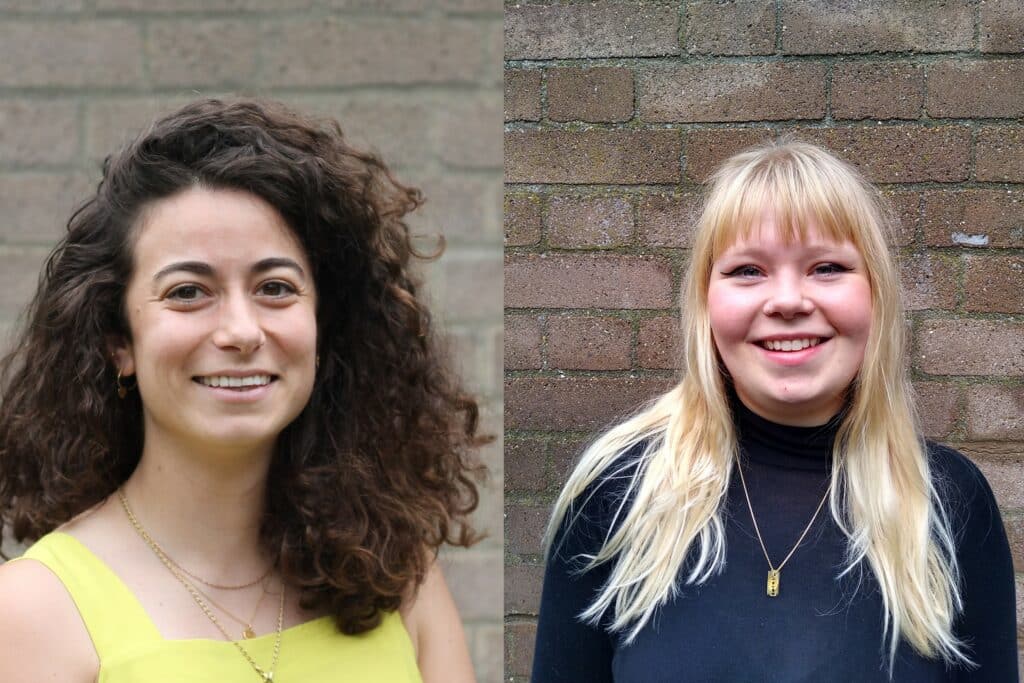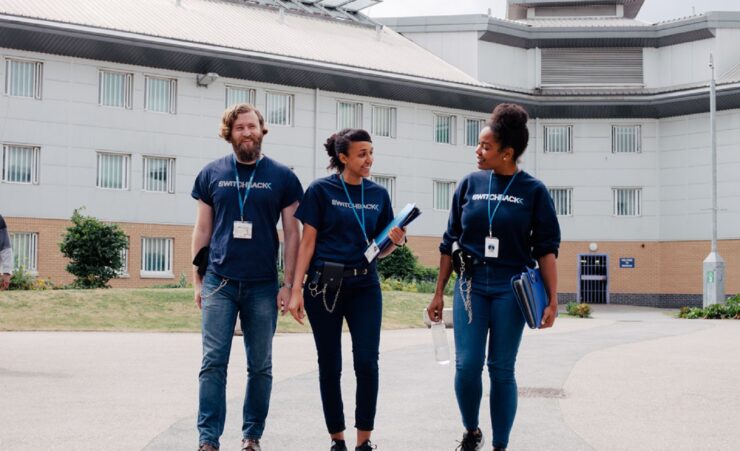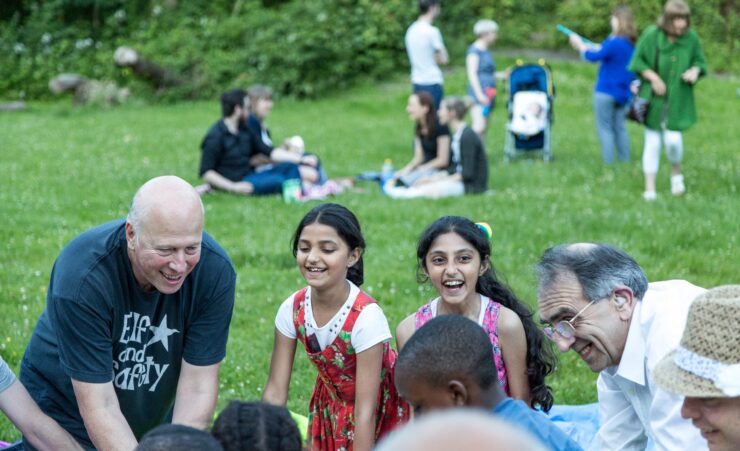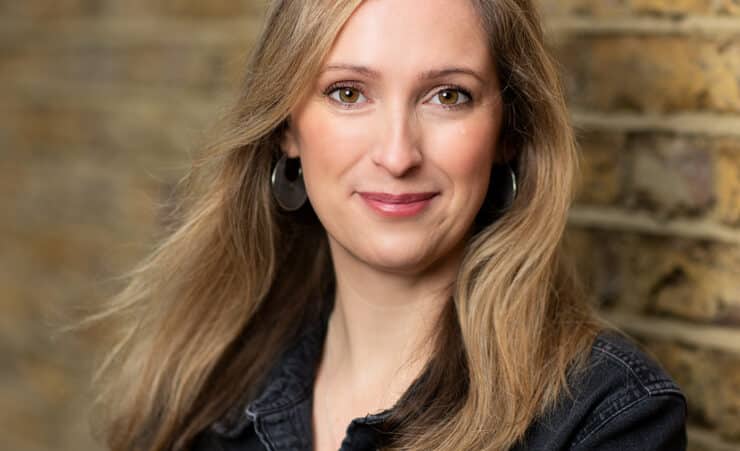
How a cross-sector partnership group developed anti-racist commissioning principles in Hackney and City
One in five organisations commissioned in Hackney and City are Black-led organisations was the feedback shared at the Voluntary and Community Sector (VCS) Assembly, held by Hackney CVS in October 2021. The focus of the Assembly was racial equity in the VCS in the City and Hackney and it quickly became evident that a key factor was inequitable access to funding. Attendees highlighted how Black led organisations are more likely to be excluded from commissioning processes and have historically been underfunded, despite playing a vital role in supporting local communities. And despite there having been many attempts to improve racial biases in health systems, it is clear that the only way to create real change is by working in an intentional and collaborative way. By building on existing work in the field and creating new in-roads, we hope to ensure a fairer, more equitable playing field for small and diverse organisations in City and Hackney.
We wanted to understand what anti-racist commissioning in City and Hackney could look like in practice, so we held an Assembly on specifically this topic in July 2022 and asked IVAR to support us in our thinking. More than 30 community organisations and commissioners came together for the Assembly which led to the development of a cross-sector working group. They agreed our starting point for anti-racist commissioning needed to be underpinned by trust-based relationships because:
Anti-racist commissioning involves transparency, intelligence, diverse funding panels that include people with lived experience feeding into decision-making, application, and assessment processes… It is [about] trusting the organisations to know what the community needs are”.
The result of these conversations highlighted the need for an equitable framework. Firstly, to create a more even playing field for small and diverse organisations to access funding, preserving space for small grassroots groups and ensuring a balance between large and small organisations being funded. Secondly, to ensure more organisations led by individuals from ethnically diverse communities feature on funding lists.
The committed members of the working group were keen to further develop this thinking and build practical guidelines for commissioning processes in City and Hackney. Together, the group reviewed findings from the Assembly and distilled helpful behaviours and practices into four anti-racist commissioning principles.
Four anti-racist commissioning principles
The working group purposefully called the principles ‘anti-racist commissioning’ over ‘equitable commissioning’ as the group felt it was imperative to tackle the urgent issue of racism, given the longstanding historical and systematic discrimination.
“It is about talking to structural racism and for that to be tackled. We can’t talk about equity before we dismantle the system in place and speak to the normative whiteness in the system. There is a need to make sure everyone has the right understanding of the structural and systemic racism.”
Once the group had established principles, we had to think about how to embed them into practice by mapping them onto the commissioning and procurement cycle. Understanding that commissioning organisations will move through different points along the cycle during a commissioning process and organisations will currently be at different stages right now, the principles needed to be flexible for easy adaptation to the various points of procurement and monitoring; and not just considered in the application process. For example, if a commissioning team is not due to retender a contract in the next couple of years, they need to build the principles into different stages – a more trusting monitoring process or prepare for anti-racist commissioning and contracting in the future. We were able to map our principles into the current commissioning system due to the commitment of Carys Esseen, Deputy Director of Integrated Care, East London Foundation Trust.
Building personal relationships seems a critical entry point to developing anti-racist commissioning as this is what will begin to grow trust between providers and commissioners and will underpin the work across the whole commissioning cycle.”
We recognise there is still some way to go in enabling changes to the commissioning system. The working group members are keen to uphold these guiding principles in commissioning conversations to create a shared understanding among commissioners’ aspirations for addressing racism. To drive this forward, as a group, we will need more buy-in through outreach i.e. sharing the work more widely and exploring this through the lens of social value in commissioning, being conscious about not reinventing the wheel and exploring how these principles can be embedded into existing structures and commissioning processes.
For us at HCVS, it is vital to continue to host conversations with both the VCS organisations and the working group, to create a powerful, collective voice that influences commissioners to employ these anti-racist commissioning principles. We also see our role as providing opportunities for building trusting relationships between commissioners and VCS by organising events and activities where community organisations and funders can come together for dialogue. Finally, we are keen to plug these principles into the system to transform commissioning by inviting commissioners to share and learn events where these principles are discussed. For example, we plan to host a webinar for different London boroughs to join in to inspire and inform people of these principles, and create opportunities to pilot anti-racist commissioning models developed from the principles.


